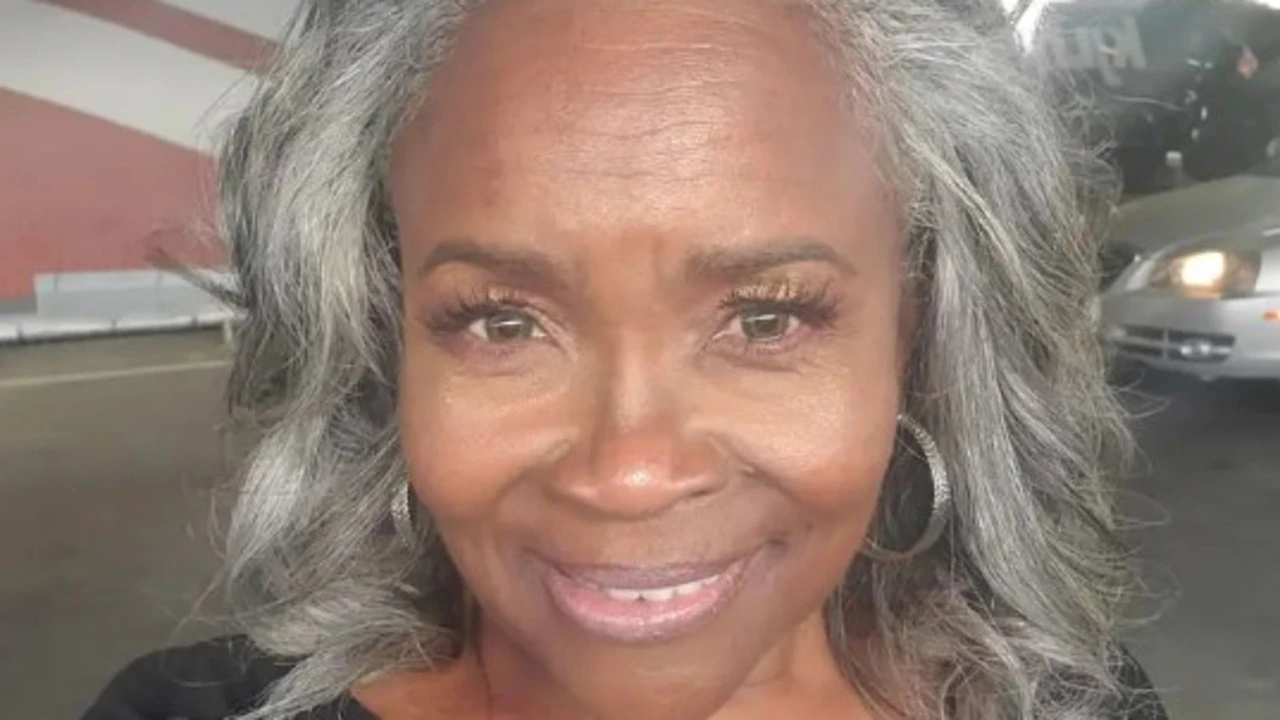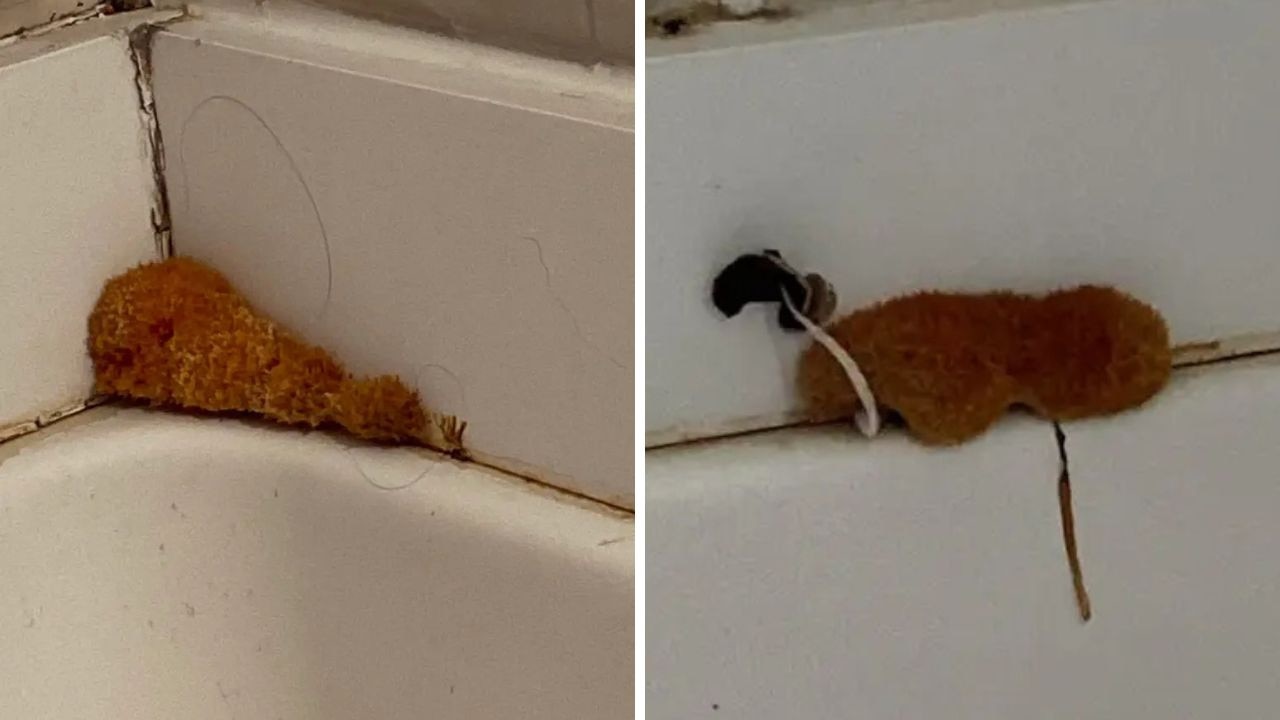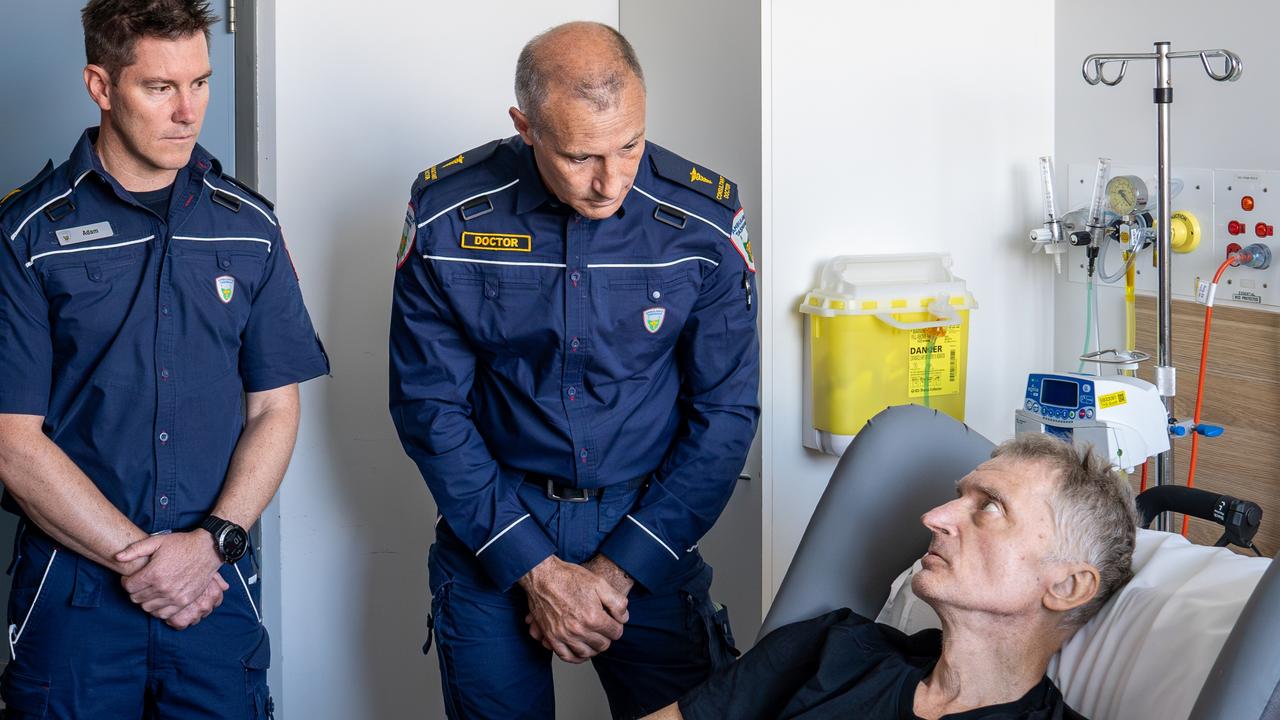Georgina Bartter and Rebecca Hannibal are victims of a much bigger party drug problem in this country
‘GEN Y knows the risks. We observe the news. We hear the statistics. We see the graphic ad campaigns yet we still do drugs.’ Why?
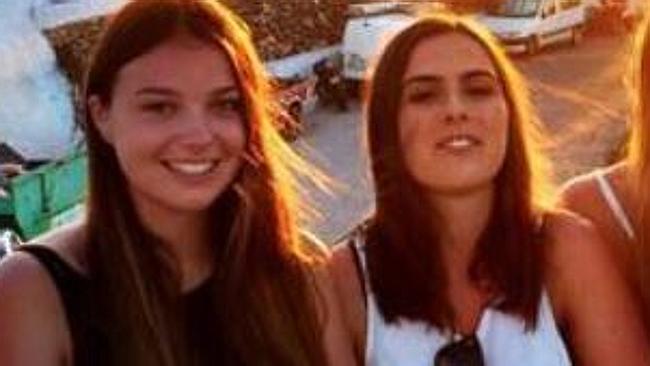
WHO is to blame when someone dies from using party drugs? Gavin Fernando is a journalist and producer at The Australian. Here, he gives his OPINION.
***
NINETEEN-year-old Rebecca Hannibal was charged and pleaded guilty to supplying the pills that tragically killed her best friend, Georgina Bartter, at Sydney’s Harbourlife festival last year.
She wasn’t responsible for manufacturing the drugs. She didn’t force them down her friend’s throat. She never would have assumed or intended such a horrible outcome.
She’s just another teenager, like thousands in this country, who was exposed to party drugs and was lucky enough to wake up the next day with nothing more than a hangover.
Now she’s not only mourning the death of her best friend, but also has to live with the guilt of having supplied the substances that killed her, and could face a limited future. Any fair-minded young person will tell you that distributing pills to willing friends does not equate to assuming responsibility for any unwanted outcome.
As tragic as her situation was, Georgina was surely aware of the potential dangers. It’s almost insulting to assume she lacked this knowledge. As her uncle said, “She was a vivacious and intelligent girl who had a lapse in judgment in a generation that sees no risk.”
Gen Y knows the risks. We observe the news. We hear the statistics. We see the graphic ad campaigns of rotten-skinned young adolescents with an “ECSTASY: FACE FACTS” banner photoshopped under their dark, sunken faces.
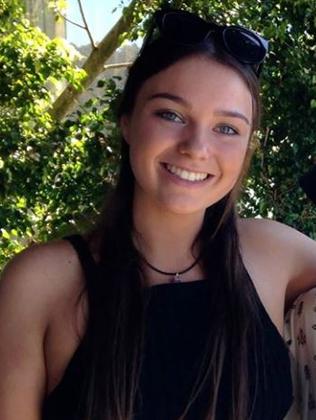

But the uncomfortable truth is that recreational party drugs like ecstasy won’t have an immediate negative impact on most people any more than a night of drinking. Unlike heroin, ice or nicotine, a physical dependence to MDMA is rare. We are not physically addicted to ecstasy. We’re mentally addicted to the reassurance of that amazing festival last month, that birthday last year — where we got away with it.
These “successes” seem a lot more convincing than hearing that isolated incident about the girl who died in a 1-in-10 million case.
What we need to minimise drug-related harm is real-world, proper education.
Police, politicians and even parents don’t seem to realise that simply reminding young people of the dangers just doesn’t cut it. We need more than the generic “Drugs are bad!” spiel we get in school.
With Australia currently leading the world in ecstasy use according to the United Nations 2014 World Drug Report, we’re living proof that it’s often just water off a duck’s back.
We can minimise harm by subsidising initiatives like Pill Reports — a global database of pills which closely conducts scientific analyses of new and common drugs with the aim of informing people exactly what’s in them.
It also provides regular updates of dangerous drugs to avoid, and the areas in which they’re circulating, with images and descriptions.
We can minimise harm by taking a leaf out of Europe’s book, and investing in testing kits that will allow users to see exactly what they might be taking. This will not exacerbate the problem, nor will it just further encourage criminal activity. Australia already has a $7 billion illegal drug industry. Really, it’s getting along just fine. Testing kits are an option worth considering over staunch mindless prohibition — which both history and tragic present cases like Georgina’s have proved does not work.
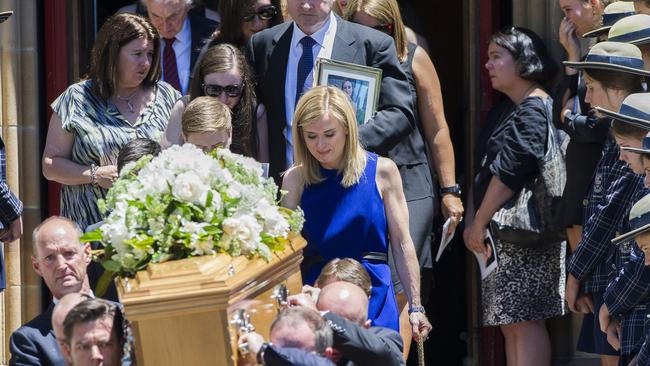
We can minimise harm by giving young people a bit more advice than just, “Drugs are bad. Don’t use them.”
First of all, drugs are bad. Don’t use them.
Secondly, do not underestimate the danger of ingesting anything when its contents are (for now) not certifiable. If you saw somebody drop an unknown substance into your drink, you’d chuck it. Unless you’ve personally made it yourself, a pill is just a concoction of unknown substances.
But thirdly, if you decide to do drugs, be smart about it. Read as much as you can about all of the possible side-effects of different drugs. Don’t accept drugs from anybody you don’t know, no matter how “pure” they claim it is. Understand that your friends’ experiences will not necessarily match yours. Look after your friends. Make sure your friends look after you. Stay in a safe area. If something goes wrong, get help. Don’t let it become a habit, or compromise your career or education. And at some point be honest with yourself, acknowledge that you’ve had your fun, and move up and on with your life.
Rebecca Hannibal is not to blame for her friend’s death. She was just caught up in a drug-taking portion of youth culture that has existed for decades, and a society that doesn’t know how to appropriately deal with that. To view her as a criminal makes no sense, when both girls — while responsible for their own actions — are victims of a nation in desperate need of reform.
If you are seeking help about a drug problem call the Drug Info Line on 1300 85 85 84.
If you are in need of immediate help, call Lifeline on 13 11 14.

